Increasing the Lifespan of Bulk Material Handling System
Increasing the Lifespan of
Bulk Material Handling System
In industrial operations, where efficiency and longevity are paramount, the lifespan of bulk material handling systems plays an important role in determining overall productivity. From conveyors to storage silos, these systems form the backbone of material transport in various industries. The focus of this blog is to understand how to increase the lifespan of bulk material handling systems, ensuring sustained performance, and minimizing downtime.

The Crucial Role of Maintenance:
The key to a reliable and efficient bulk material handling system is a well-executed maintenance strategy. Regular maintenance prevents unexpected breakdowns and costly downtime, as well as extending the lifetime of critical components. Here are some key aspects of an effective maintenance strategy.
Regular Inspections:
Ensure that all pneumatic conveying components, such as pipe connections, valves, filters, and rotary airlock valves, are routinely inspected visually. Inspect your system for signs of wear, leaks, obstructions, or abnormalities.
Filter Inspection and Cleaning:
Keep filters clean and inspect them regularly to prevent dust buildup and maintain proper airflow. Clogged filters can lead to reduced system efficiency and increased pressure drop. Although most filters nowadays come with pulse jet cleaning technology, some process changes can lead to clogging of filters.
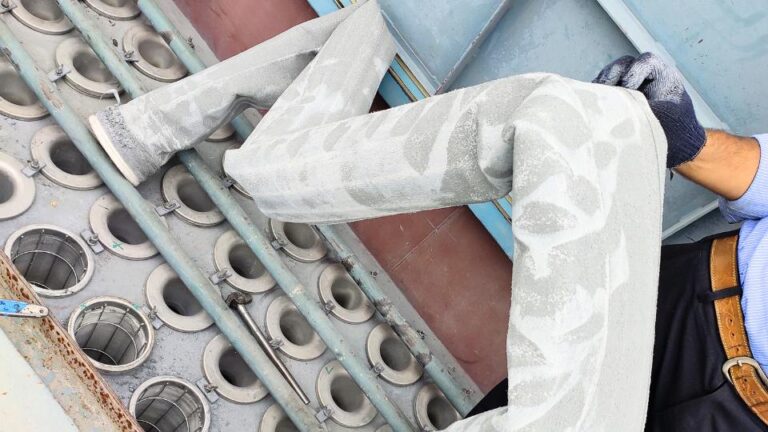
Check Seals and Gaskets:
Periodically inspect the seals and gaskets in rotary airlock valves, diverter valves, and other components. Any worn or damaged seals should be replaced to prevent air leaks and maintain the system’s performance.

Rotary Valve Maintenance:
When your system includes rotary airlock valves, conduct regular maintenance. Clean and inspect the valves, replacing any parts, such as rotor blades and seals, that show wear or damage.
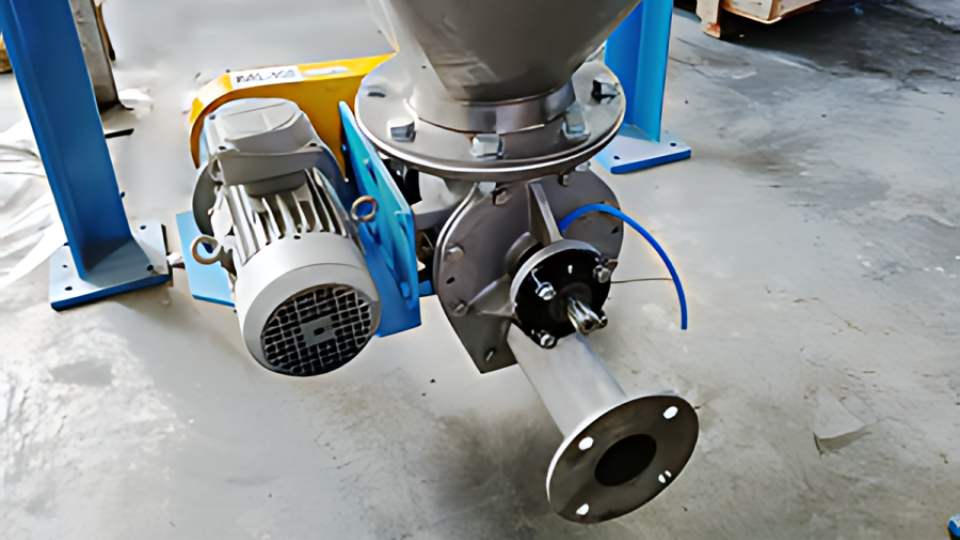
Inspect Pneumatic Conveying Pipes:
Inspect pneumatic conveying pipes for signs of wear, corrosion, or damage. Promptly address any issues to prevent leaks and maintain the system’s integrity.
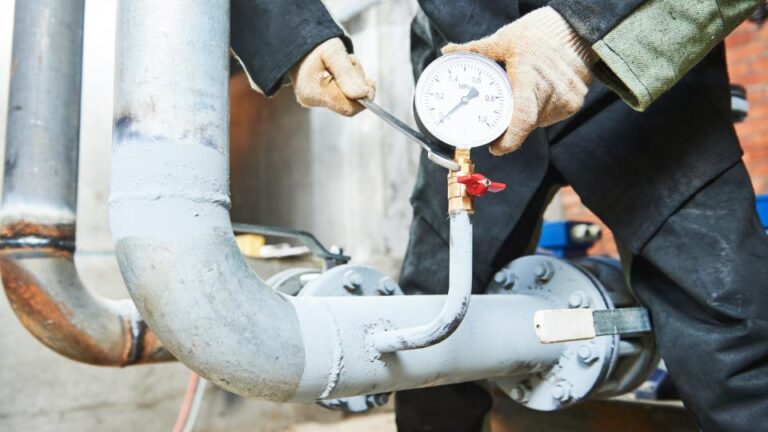
Lubrication:
Lubricate moving parts, including bearings, chains, and pneumatic actuators, as per the manufacturer’s guidelines. Proper lubrication ensures smooth operation and minimizes wear.

Air Compressor and Blower Maintenance:
Perform regular maintenance on the air compressor and blower. This includes changing filters, checking oil levels, and inspecting for signs of wear or malfunction. This is the most essential device that is responsible for running the system.
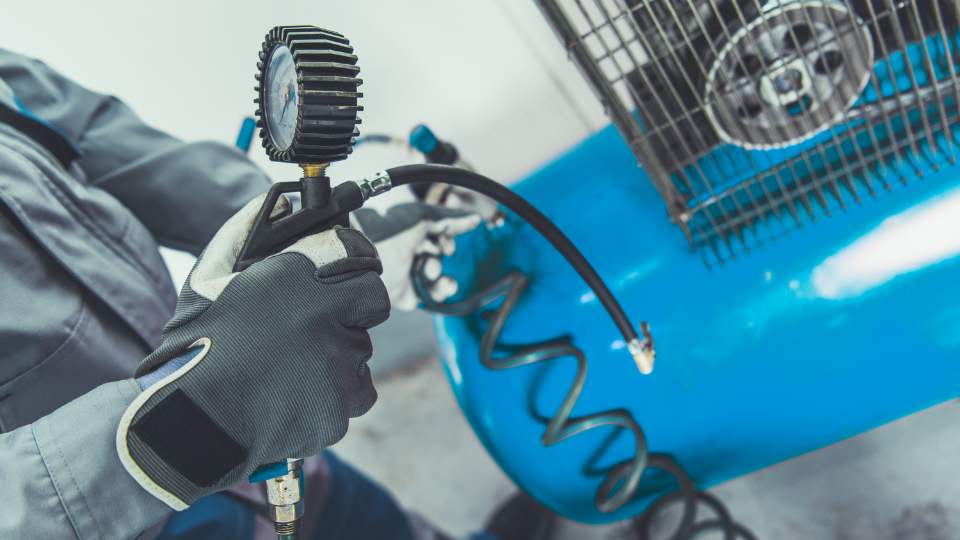
Check Pressure Relief Devices:
Ensure that pressure relief devices, such as safety valves, are functioning correctly. These devices are crucial for preventing over pressurization in the system.
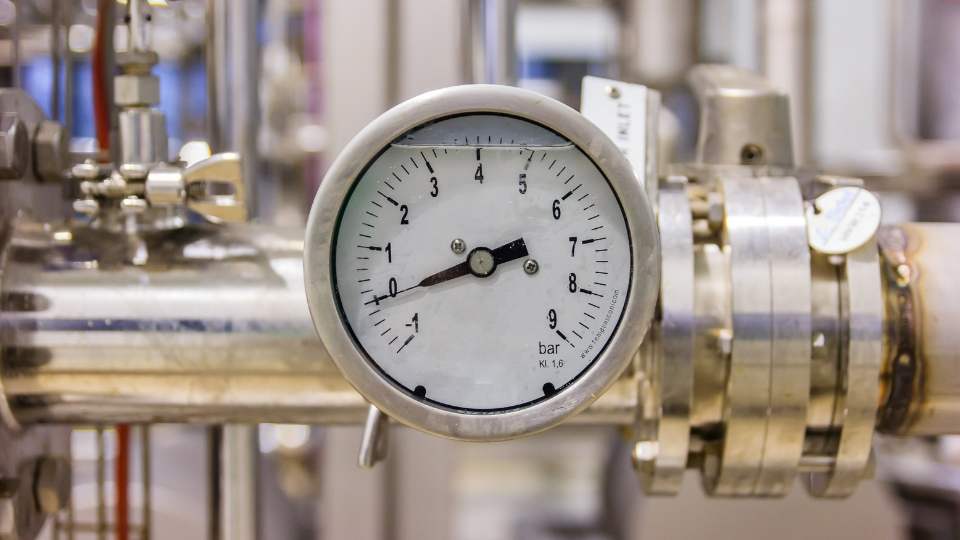
Material Leakage Prevention:
Address any material leakage issues promptly. Material leaks can lead to product loss, contamination, and safety hazards.
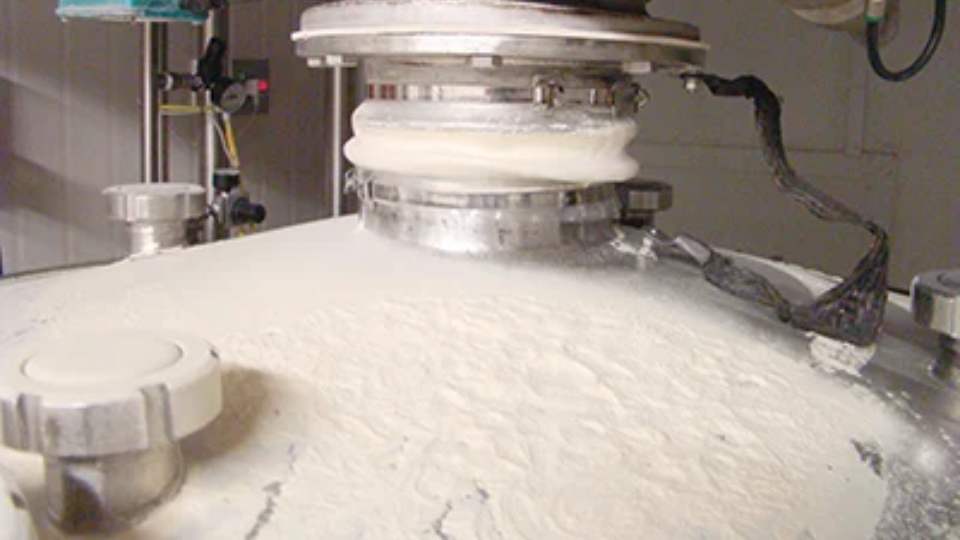
Inspect Instrumentation and Controls:
Regularly inspect and test instrumentation, sensors, and control systems to ensure they are accurate and functioning correctly. Calibrate instruments as needed.
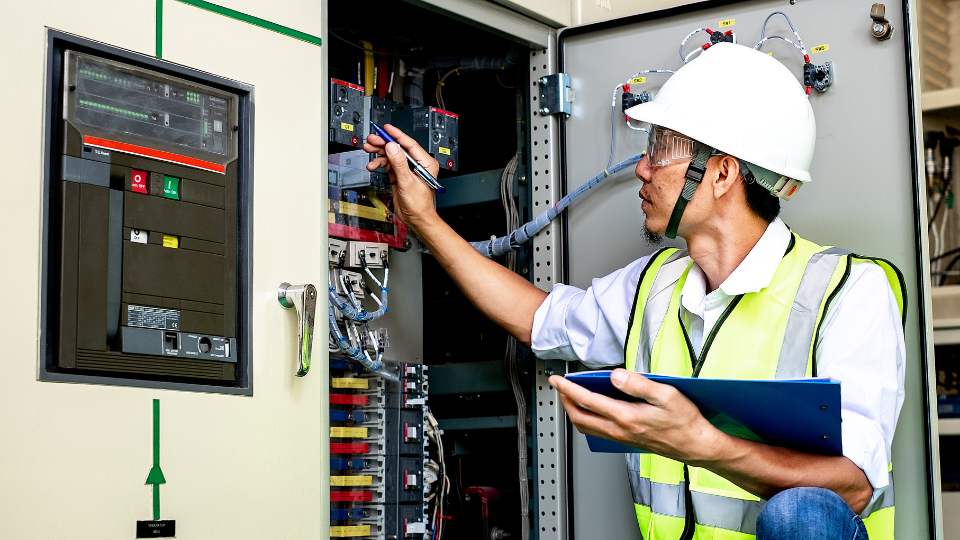
Inspect Pneumatic Conveying Fans:
If the system includes fans or blowers, inspect and maintain these components regularly. Check for proper alignment, clean fan blades, and ensure the motor is functioning as intended.
Vibration Analysis:
Perform vibration analysis on rotating equipment, such as fans and blowers, to detect imbalances or misalignments that could lead to equipment failure.
Training and Documentation:
Provide training to operators and maintenance personnel on the proper operation and maintenance of the pneumatic conveying system. Maintain comprehensive documentation, including manuals, maintenance schedules, and records of repairs.
Emergency Preparedness:
Establish and communicate emergency procedures, including shutdown protocols and response plans. Make sure that personnel are trained on emergency response.
System Optimization:
Periodically review and optimize the pneumatic conveying system to improve efficiency. Consider adjustments to air velocities, conveying parameters, and system configurations based on changing requirements.
Importance of Maintenance:
Maintenance is critically important for bulk material handling systems for several reasons, and its significance can be summarized as follows:
1. System Reliability:
Regular maintenance is essential for ensuring the reliability of bulk material handling systems. By addressing potential issues before they lead to breakdowns, the system can operate consistently and meet production demands.
2. Prevention of Downtime:
Downtime in a bulk material handling system can be costly in terms of lost production and revenue. Proper maintenance helps prevent unscheduled downtime by identifying and addressing issues proactively.
3. Equipment Longevity:
Well-maintained equipment tends to have a longer lifespan. Regular inspections, lubrication, and part replacements contribute to the longevity of components, reducing the need for frequent replacements.
4. Operational Efficiency:
Maintenance makes sure that the system operates at optimal efficiency. This includes addressing issues such as misalignments, wear and tear, and material buildup, which can otherwise lead to reduced throughput and increased energy consumption.
5. Safety Compliance:
Maintenance is essential for ensuring that the bulk material handling system complies with safety standards and regulations. Regular inspections and repairs contribute to a safe working environment for personnel.
6. Cost Savings:
Investing in preventive maintenance is more cost-effective than handling emergency repairs and replacements. Regular maintenance tasks are usually cheaper and can help avoid expensive major failures.
7. Product Quality:
Maintenance is essential for ensuring that the bulk material handling system complies with safety standards and regulations. Regular inspections and repairs contribute to a safe working environment for personnel.
8. Energy Efficiency:
Properly maintained systems tend to operate more efficiently, leading to energy savings. Addressing issues such as misalignments and friction can reduce energy consumption and contribute to overall sustainability efforts.
9. Minimization of Unscheduled Repairs:
Unscheduled repairs can be disruptive and expensive. Maintenance activities help minimize the occurrence of unexpected breakdowns, allowing for planned repairs and replacements during scheduled downtimes.
In the dynamic sector of bulk material handling, where efficiency and reliability are crucial, a solid maintenance strategy is essential for success. Prioritizing routine inspections, effective lubrication, thorough cleaning, and predictive maintenance technologies ensures the efficiency and longevity of material handling systems. Maintenance is not just a reactive measure but a proactive investment in operational resilience and industrial success. As industries progress, a well-maintained material handling system is key to smooth and efficient material transport.



